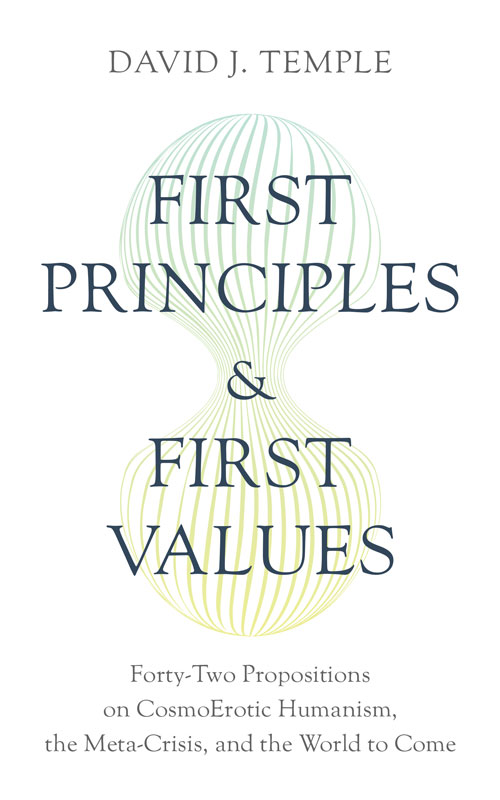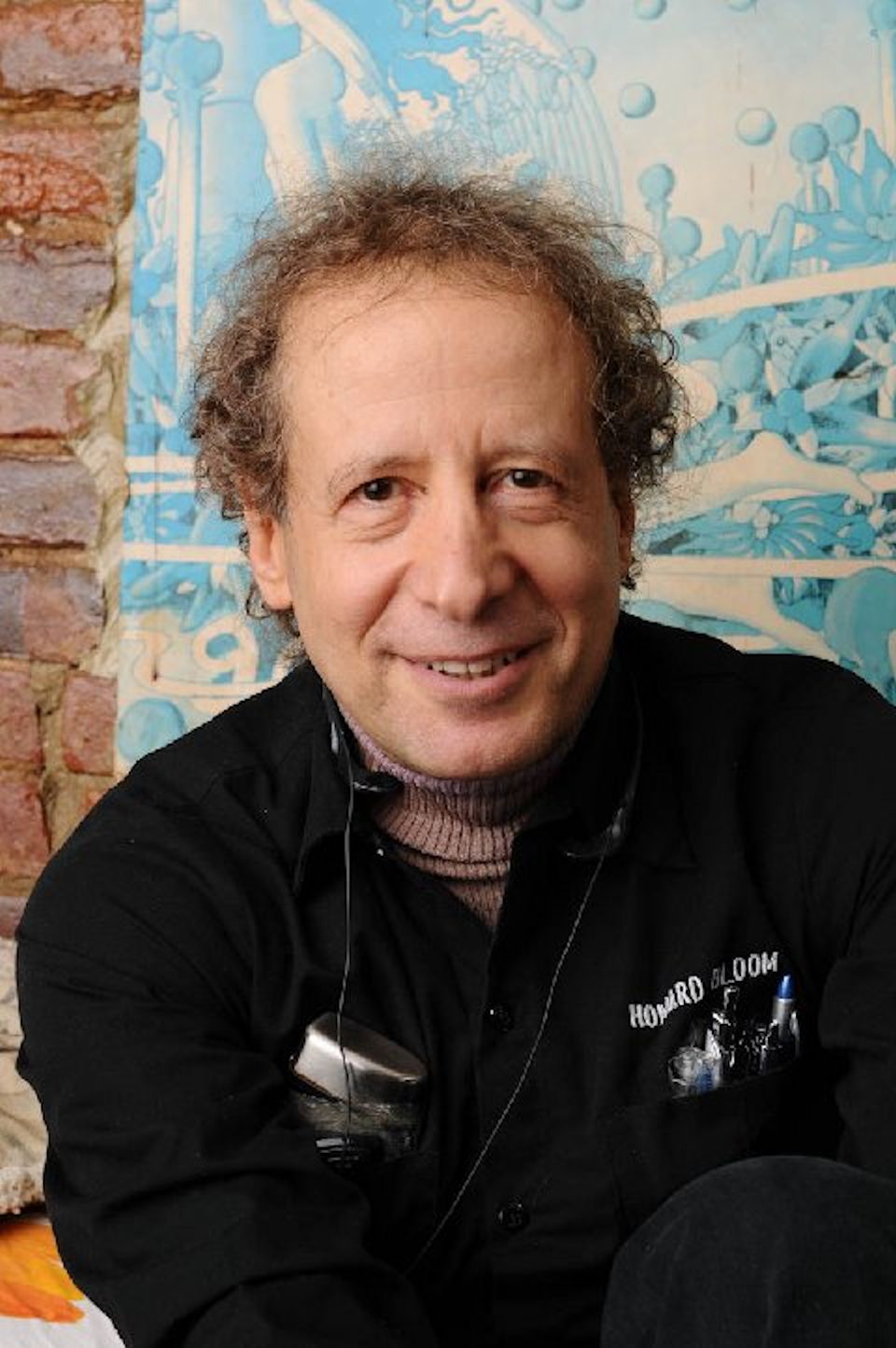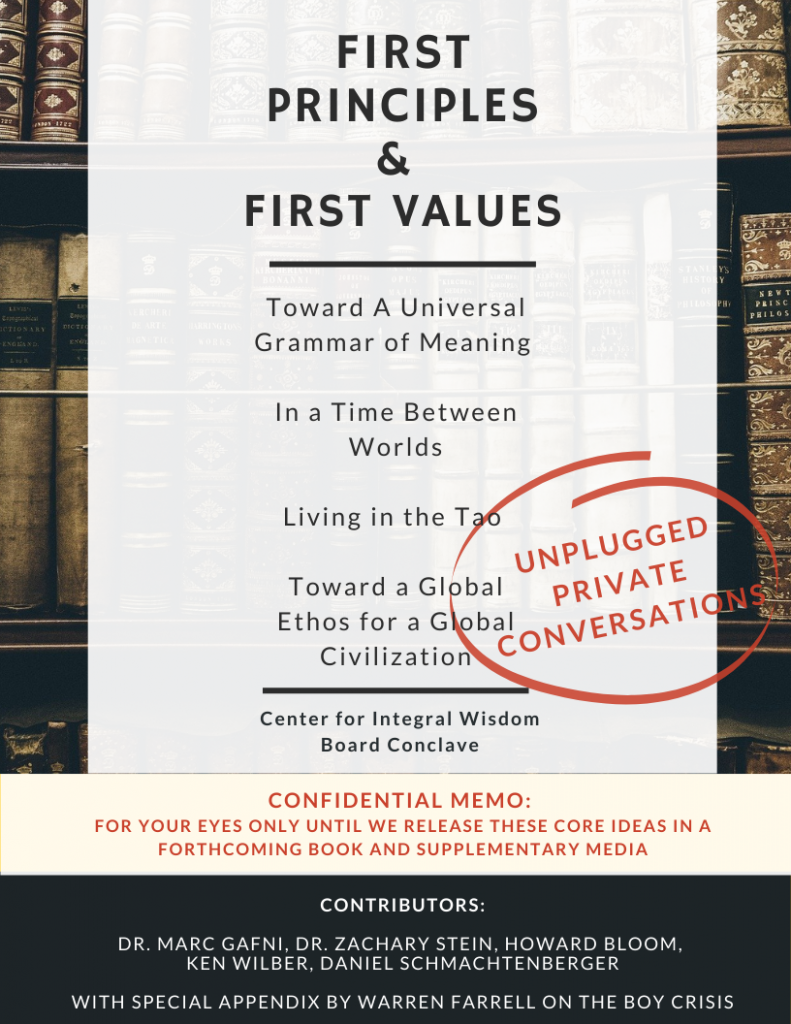DR. MARC GAFNI: Changing the Story of Humanity at a Pivotal Time in History // EP. 246 Audio
Enjoy this podcast with Dr. Marc Gafni featured on The Medicin Podcast with Mimi Lindquist.
ABOUT:
In Dr. Gafni and his colleague, Dr. Stein’s language: “We stand at a pivotal moment in history – a time between worlds and a time between stories – poised between dystopia and utopia.” To bridge the gap between our external technologies and internal narratives of identity and purpose, every human and every epoch of humanity must evolve responses to three essential questions, what we refer to as the three great questions of CosmoErotic Humanism: “Who? Where? And What?”
- Who am I? and Who are we?
- Where am I? and Where are we?
- What ought I do? and What ought we do?
In the new book, “First Principles and First Values,” written under the pseudonym David J. Temple, a roadmap for humanity is laid before the reader answering the common question, “What can we do to shift the future of humanity towards higher consciousness and shared common goals?” We discuss the roadmap in this episode.
FIRST PRINCIPLES AND FIRST VALUES
Forty-Two Propositions on CosmoErotic Humanism, the Meta-Crisis, and the World to Come
AS THE META-CRISIS DEEPENS, THE FATE OF CIVILIZATION AND HUMANITY HANGS IN THE BALANCE.
First Principles and First Values is the tip of the spear in the fight for a humane future. Establishing frameworks for a new school of thought called CosmoErotic Humanism, the book is built around forty-two propositions that provide new source code for the future of planetary culture.
Like Europe in the early Renaissance, humanity is in a time between worlds, at a time between stories. First Principles and First Values contains blueprints for the bridge needed to cross from this world to the next.
“The position argued for in this book is of vital importance . . . it needs urgently to be read.”
IAIN McGILCHRIST, author of The Master and His Emissary


 Forthcoming book: The Intimate Universe by Barbara Marx Hubbard and Dr. Marc Gafni
Forthcoming book: The Intimate Universe by Barbara Marx Hubbard and Dr. Marc Gafni